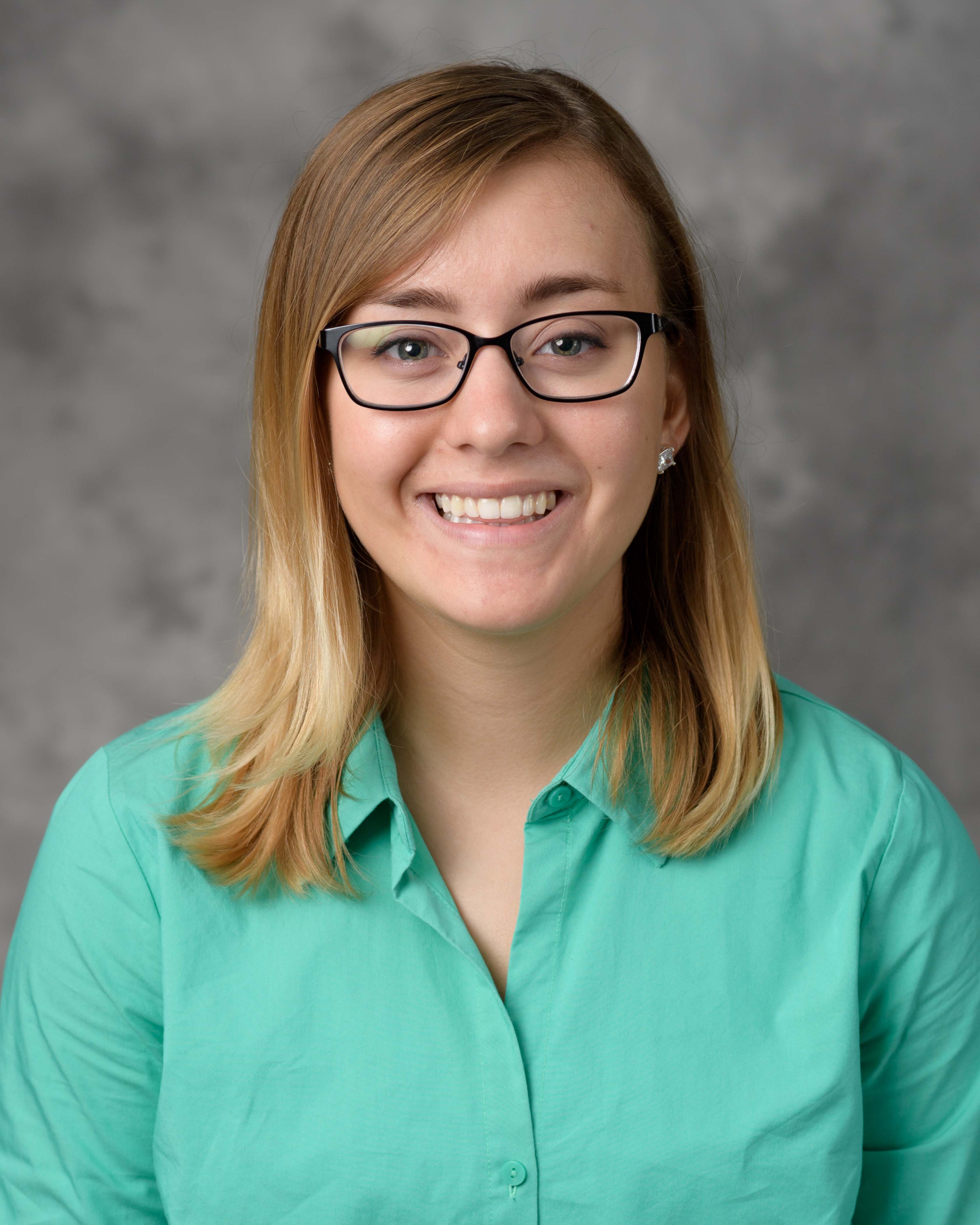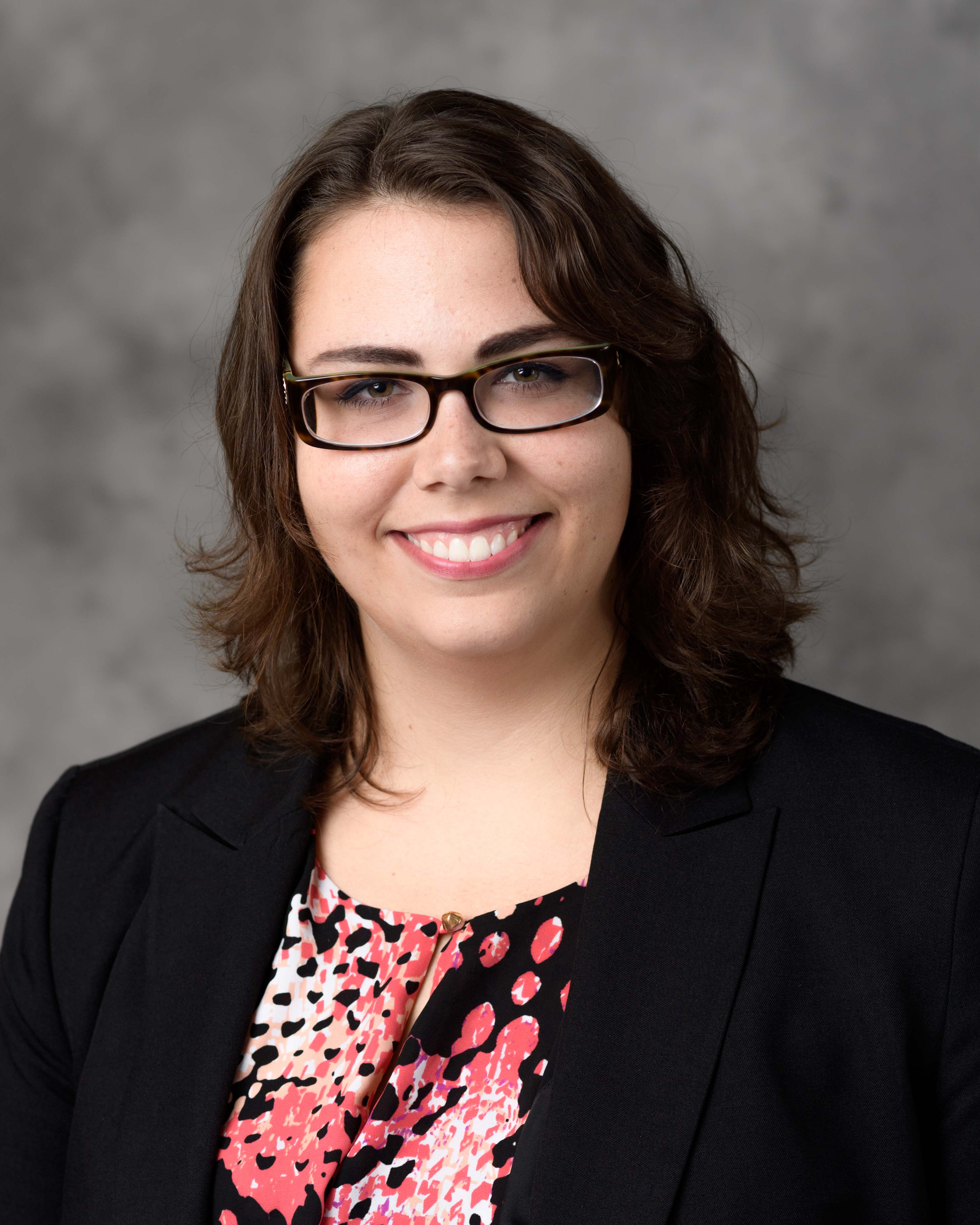Graduate students receive NSF fellowships for international research

Cebull will travel to South Africa to conduct cardiovascular research at the University of Cape Town and Groote Schuur Hospital. Rheumatic heart disease (RHD) causes over 300,000 deaths per year, primarily affecting low- to middle-income countries specifically in sub-Saharan Africa. Cebull plans to use previously collected CT and cardiovascular magnetic resonance image data of RHD aortic valves and thoracic aortae to create computational models for simulating the effects of valve lesions. The results will be compared to patient outcomes, enabling researchers to determine if computational modeling can be used for clinical prediction and to better inform physicians when to surgically intervene.
“Receiving the IIE-GIRE Fellowship will help me work toward equity in cardiovascular health for all populations as I gain international research experience and expand my network at the leading African institution for cardiovascular research,” said Cebull.

Libring will conduct research at the Netherlands Cancer Institute (NKI) and the joint Antoni van Leeuwenhoek Hospital. She will be participating in an ongoing collaboration to develop a model that may enable prediction of the effectiveness of drug therapies for cancers that have metastasized. The work focuses on determining ex vivo drug response from 100 biobanked pleural effusion samples and correlating this response to known (available onsite at the NKI) in vivo patient responsiveness. Libring will develop and optimize the project’s output metrics for ranking effectiveness among all ex vivo treatments applied to a given sample.
“I am most excited to get to work with primary metastatic samples on our scaffolds and be able to compare the in vitro results with the patients’ well-documented clinical responses that are available at this Institute,” said Libring. “There’s a lot we can learn about the disease by working with cell lines and in animal models, but this has the potential for direct clinical impact by helping patients and clinicians pinpoint the correct treatment the first time with a concrete test.”
IIE-GIRE is supported by the National Science Foundation (NSF) under grant no 1829436.
